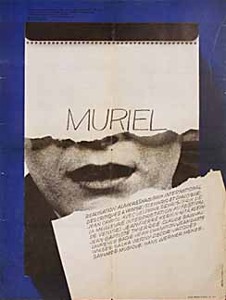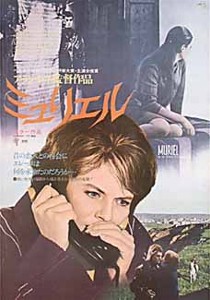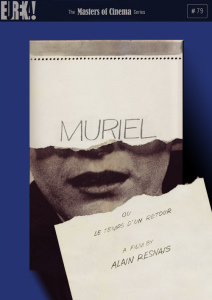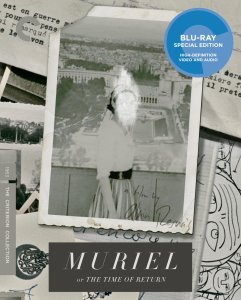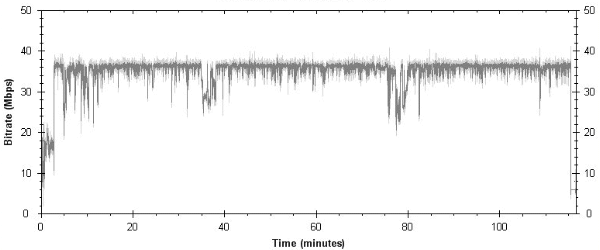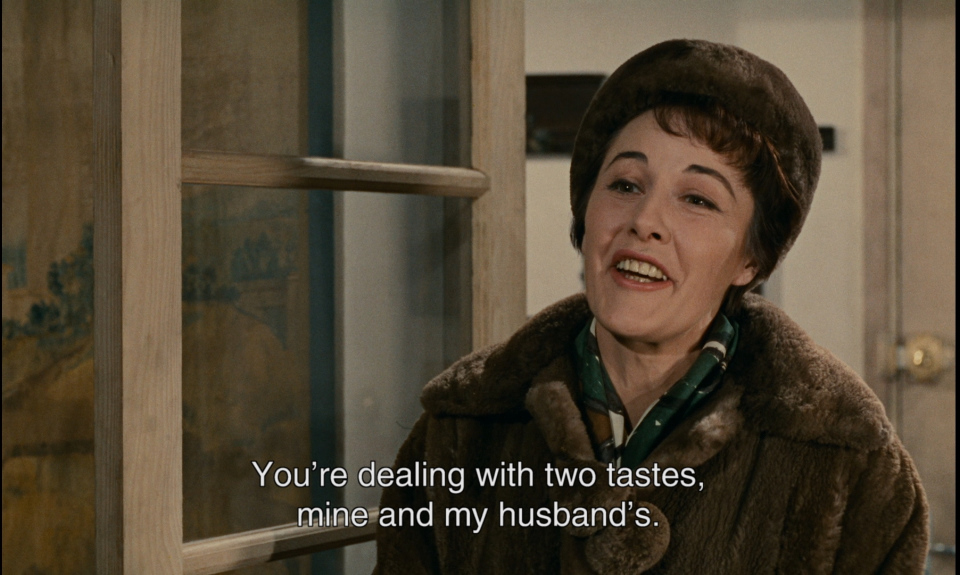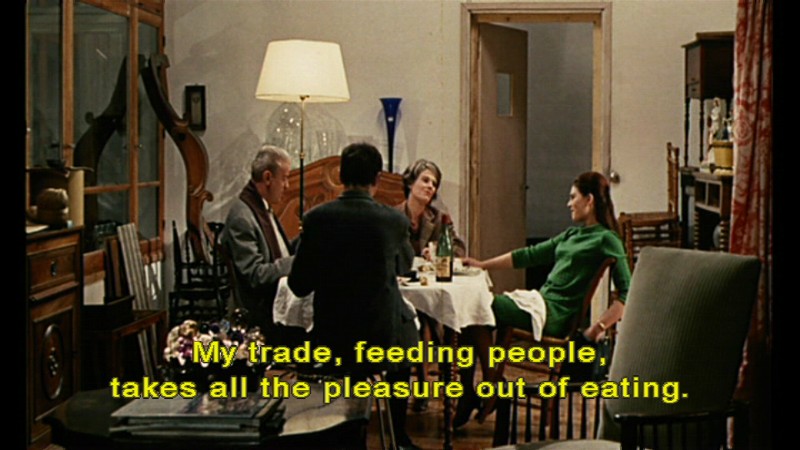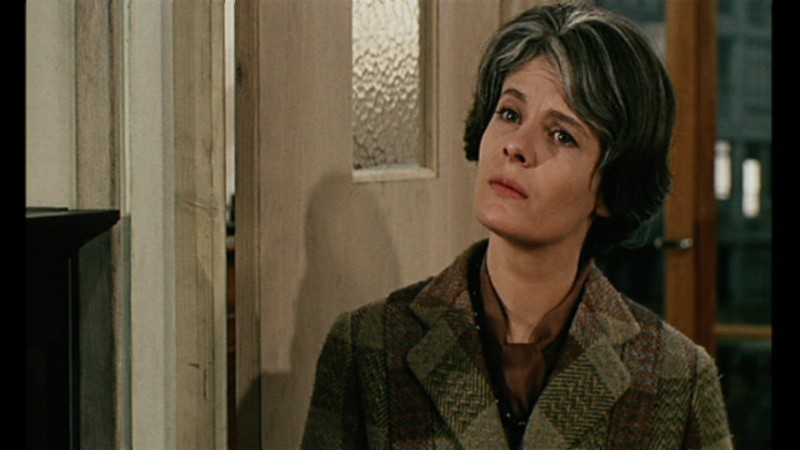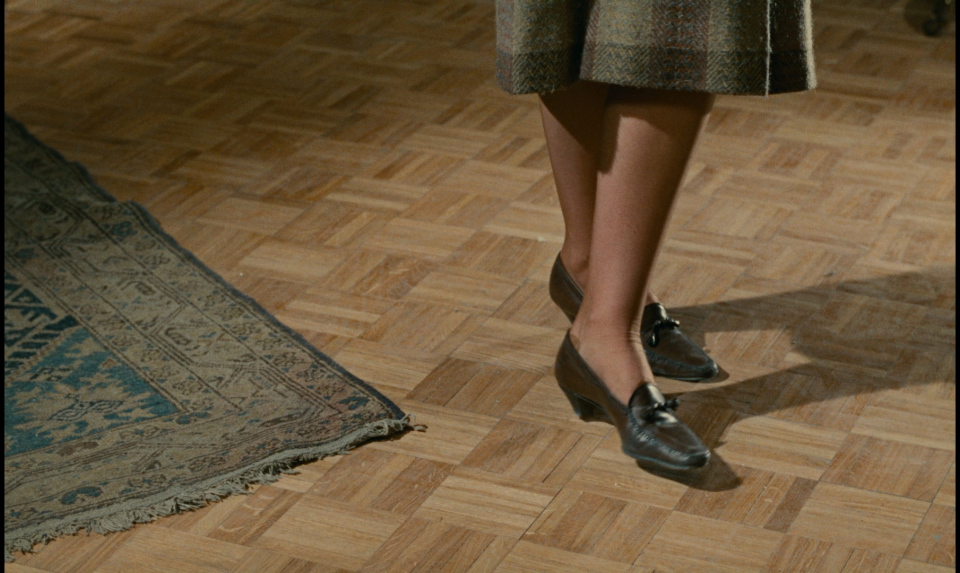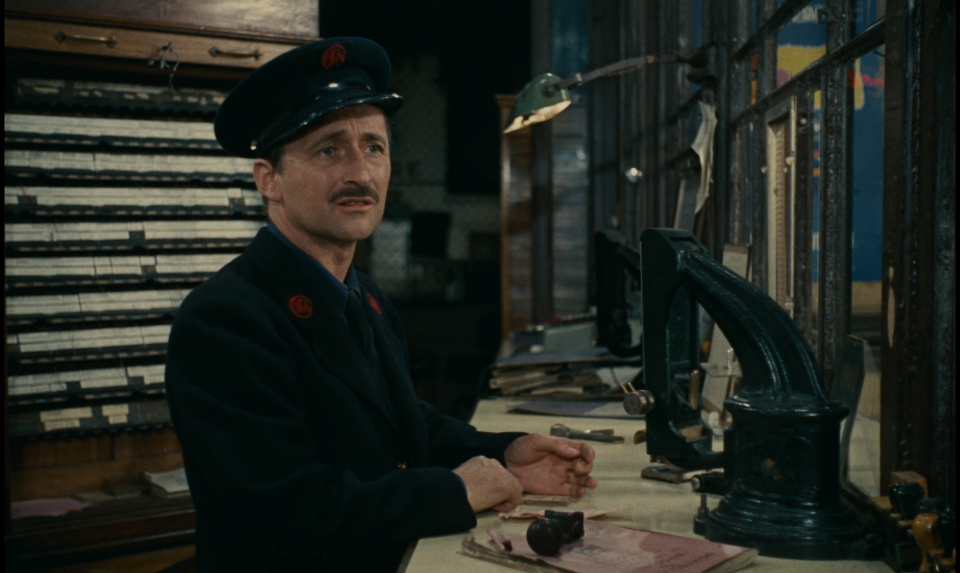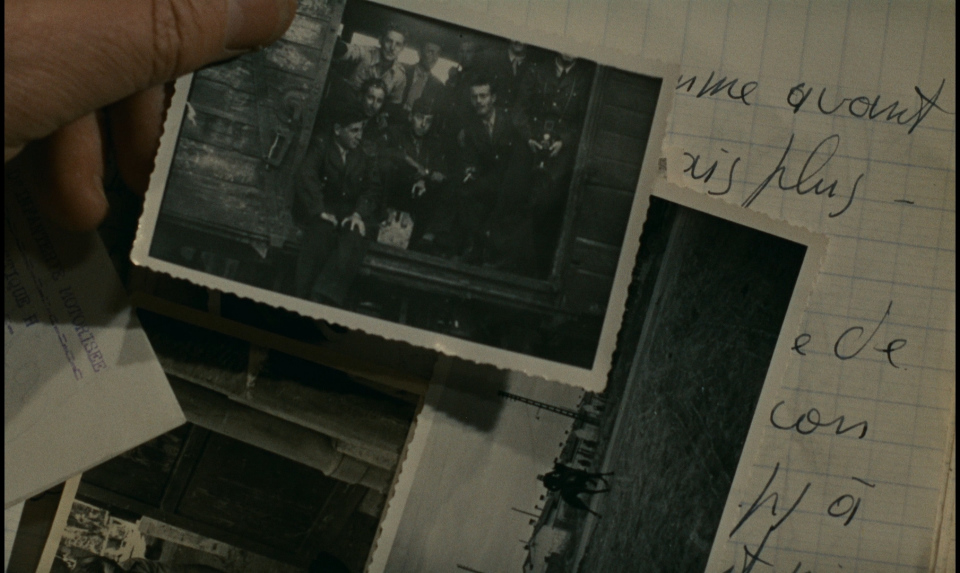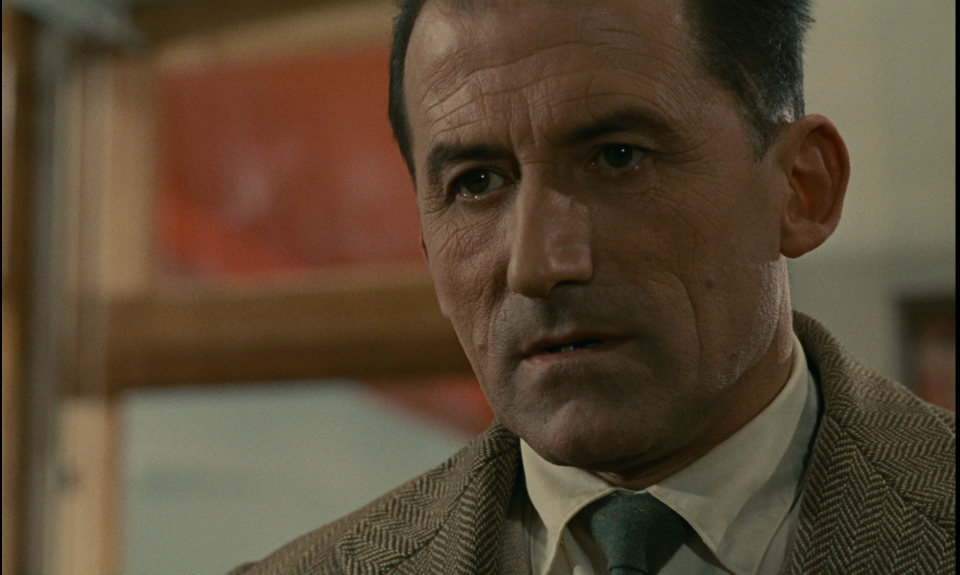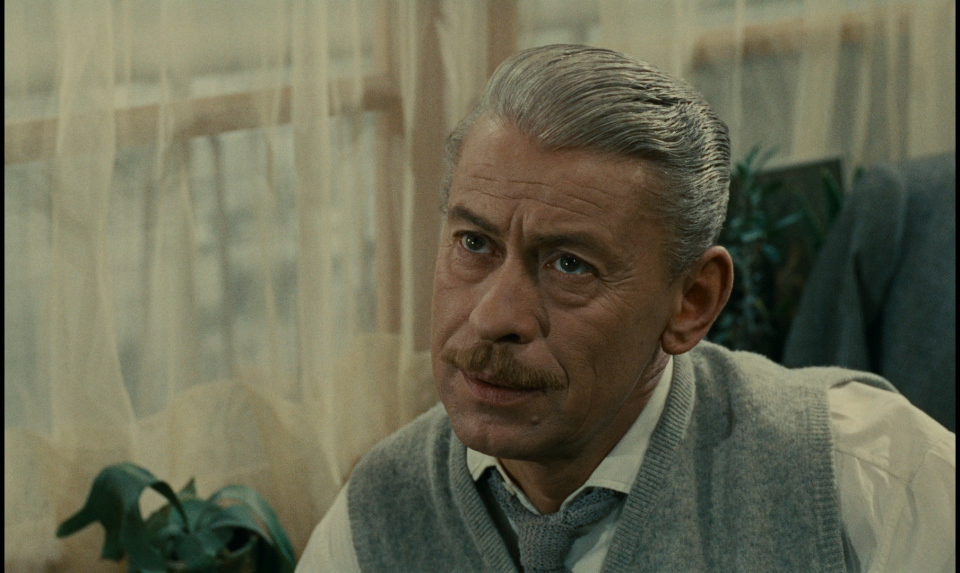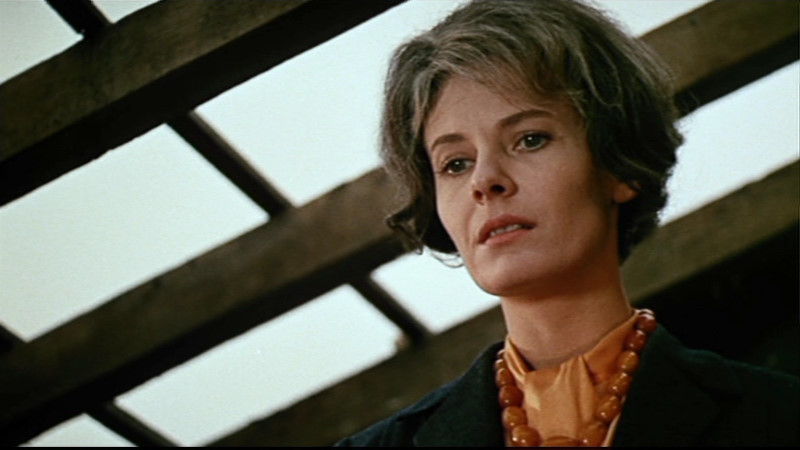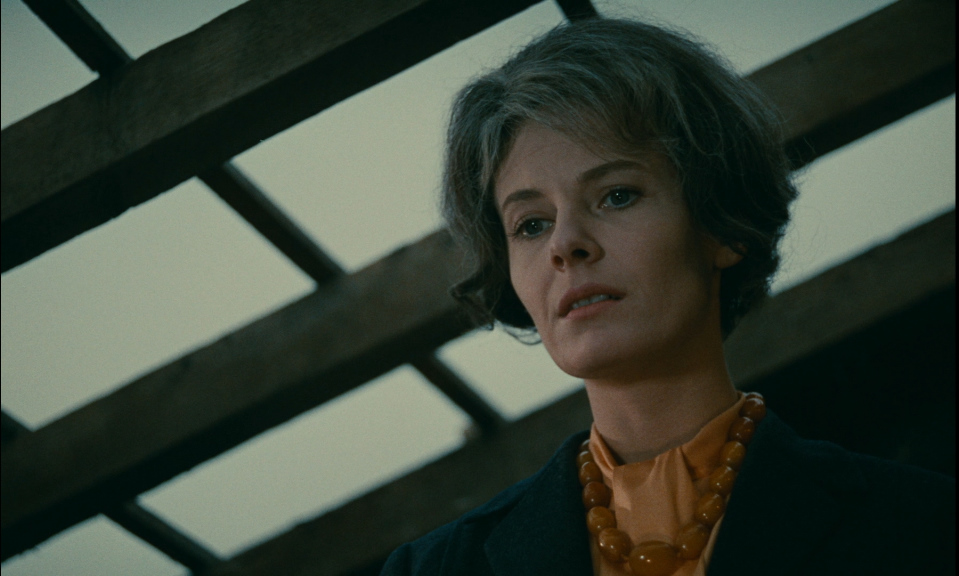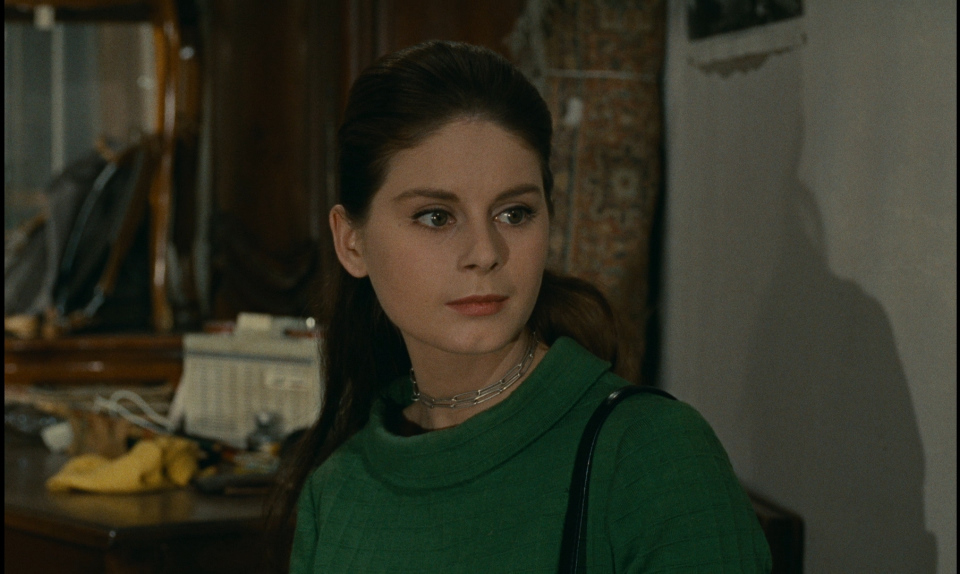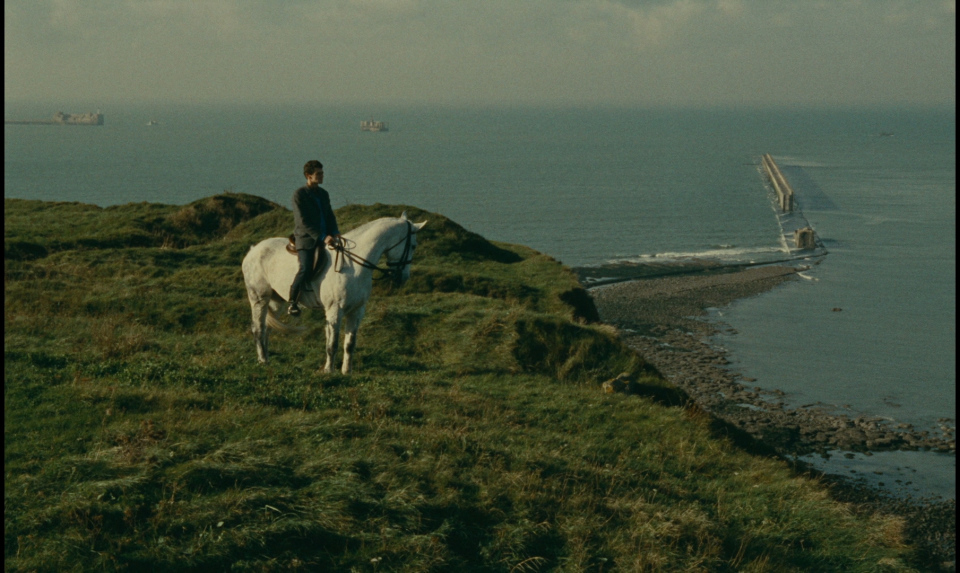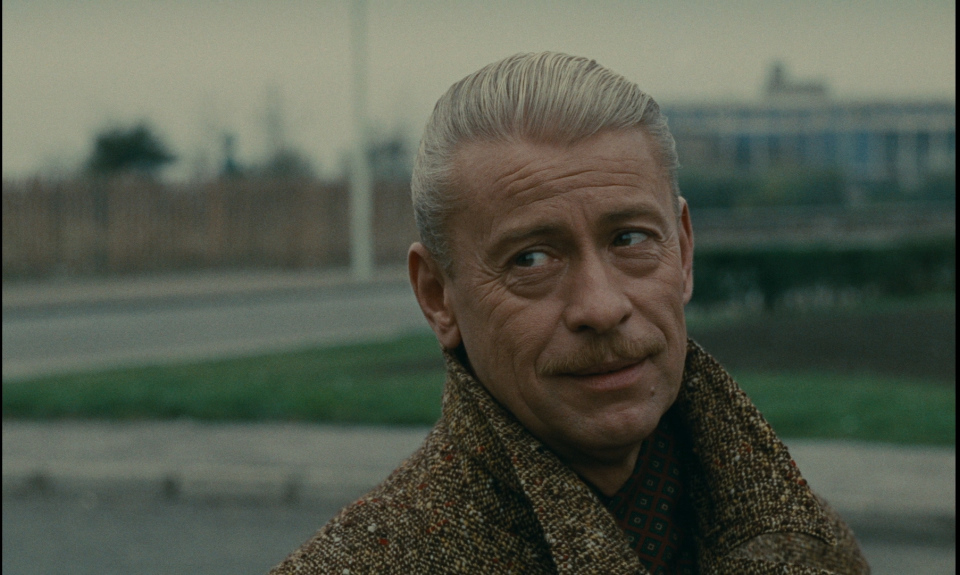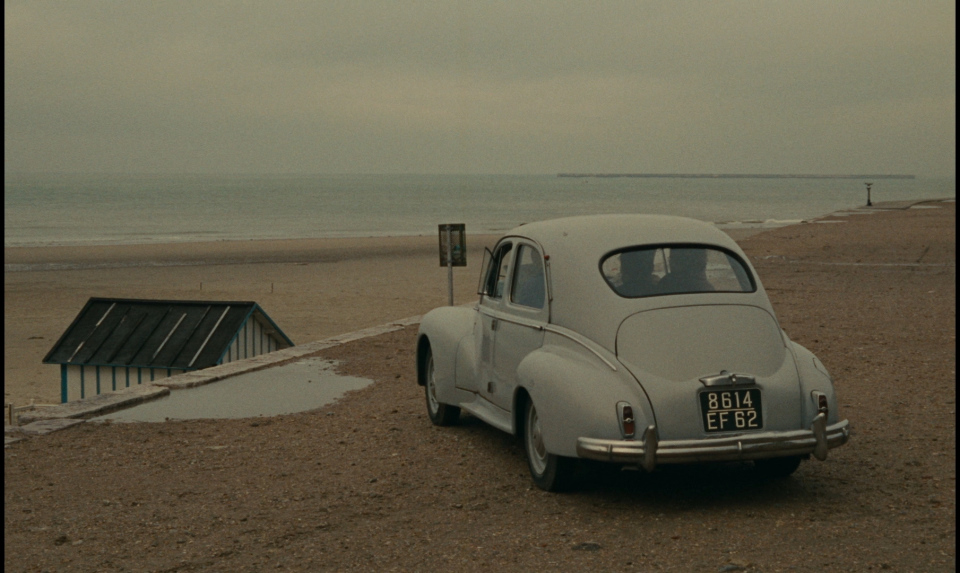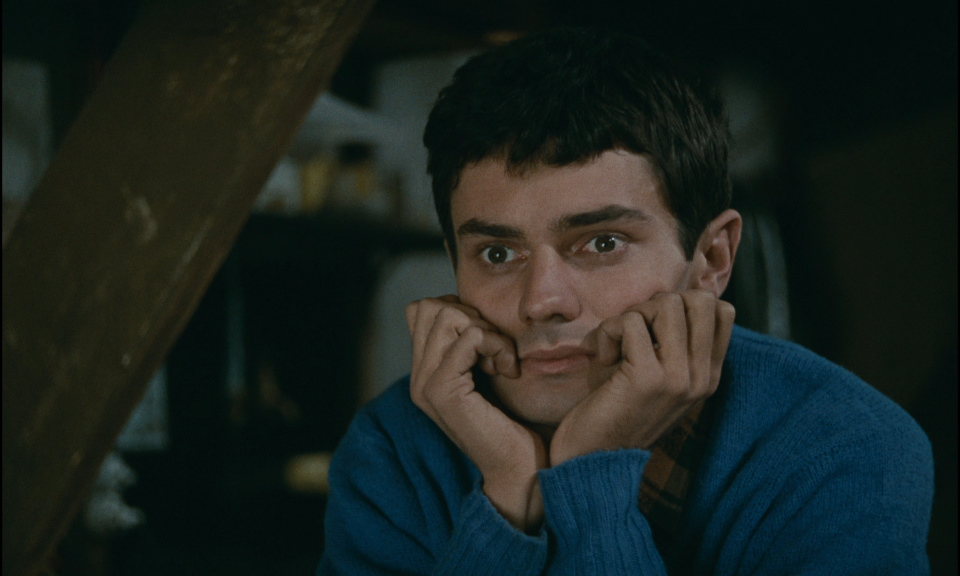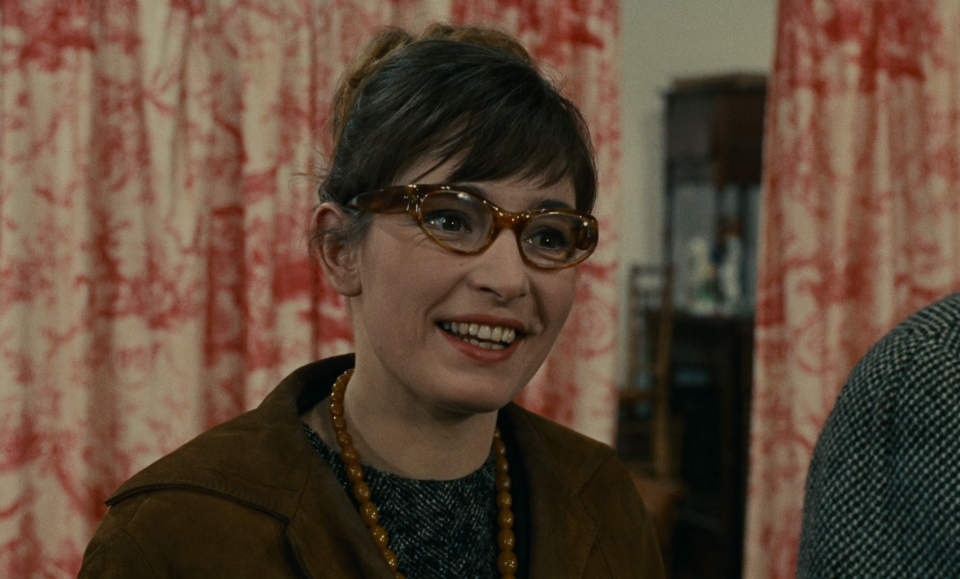| Firstly, a HUGE thanks to our Patreon supporters. Your generosity touches me deeply. These supporters have become the single biggest contributing factor to the survival of DVDBeaver. Your assistance has become essential. We are always trying to expand Patron benefits... you get access to the Silent Auctions and over 5000 unpublished screen captures (in lossless PNG format, if that has appeal for you) listed HERE. Please consider helping with $3 or more each month so we can continue to do our best in giving you timely, thorough reviews, calendar updates and detailed comparisons. Thank you so much. We aren't going to exist without another 100 or so patrons. |
![]()
![]()

![]()
![]()
|
Search DVDBeaver |
S E A R C H D V D B e a v e r |
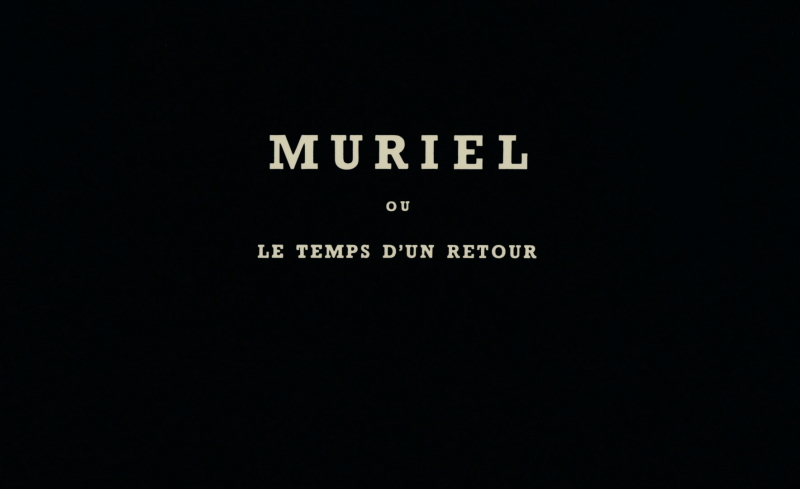
(aka 'Time of the Return' or 'Muriel ou Le temps d'un retour')
Directed by
Alain Resnais
France / Italy 1963
|
“Hiroshima,
Mon Amour” (1959), “Last
Year at Marienbad”
(1961) and “Muriel”
(1963). These are the first
three feature films directed by
Alain Resnais, and I cannot
think of another director whose
first three features rival them
in quality. Granted, Resnais had
already put in more than a
decade as a short film maker
(mostly documentaries) so he was
hardly a novice when “Hiroshima,
Mon Amour” took the film world
by storm, but his accomplishment
is still stunning.
****
If cinema has its equivalents to
the master modernists of music, painting, or literature, then one of the
tradition’s foremost practitioners is undoubtedly Alain Resnais — and
Muriel, ou
le Temps d’un retour (Muriel, or: The Time of a Return) represents one of his
earliest, and greatest, triumphs. In Resnais’ two preceding features (the
legendary Hiroshima mon amour and
Last
Year at Marienbad), the master filmmaker
pioneered new ways of representing inner reality and emotion; but with Muriel,
he merged the vicissitudes of his characters’ personal pasts, and married them
to the traumas of the political present — namely, the French war in Algeria. |
Posters
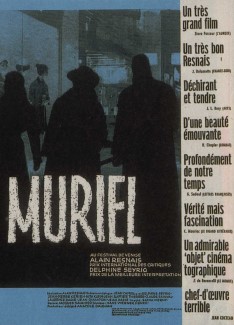 |
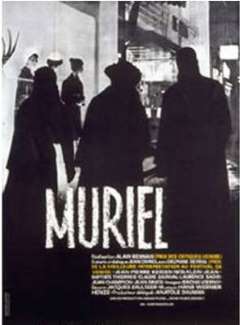 |
Comparison:
Eureka - Masters of Cinema - Region 0 - PAL vs. Criterion - Region 'A' - Blu-ray
|
1) Masters of Cinema - Region 0 - PAL - LEFT 2) Criterion - Region 'A' - Blu-ray - RIGHT |
| Box Covers |
Koch Lorber's US DVD release: |
|
| Distribution | Eureka - Masters of Cinema - Region 0 - PAL | Criterion Collection - Spine #824 - Region 'A' Blu-ray |
| Runtime | 1:51:20 (4% PAL speedup) | 1:56:37.031 |
| Video | 1.78:1
Aspect Ratio Average Bitrate: 6.75 mb/s PAL 720x576 25.00 f/s |
1.66:1 Disc Size: 45,904,244,685 bytes Feature Size: 34,005,479,424 bytes Average Bitrate: 34.78 MbpsDual-layered Blu-ray MPEG-4 AVC Video 1080P |
|
NOTE: The Vertical axis represents the bits transferred per second. The Horizontal is the time in minutes. |
||
| Bitrate: |
|
|
| Bitrate: Blu-ray |
|
|
| Audio | French (Dolby Digital 2.0) | LPCM Audio French 1152 kbps 1.0 / 48 kHz / 1152 kbps / 24-bit |
| Subtitles | English, None | English, None |
| Features |
Release Information:
Edition Details:
• The original French theatrical trailer for the film, newly subtitled. |
Release Information: 1.66:1 Disc Size: 45,904,244,685 bytes Feature Size: 34,005,479,424 bytes Average Bitrate: 34.78 MbpsDual-layered Blu-ray MPEG-4 AVC Video 1080P Edition Details:
• Excerpt from the 1980 documentary Une approche
d’Alain Resnais, révolutionnaire discret (4:43) Chapter: 13 |
| Comments: |
NOTE: The below Blu-ray captures were taken directly from the Blu-ray disc. ADDITION: Criterion - Region 'A' - Blu-ray June 16': The Criterion is a significant leap beyond the DVDs (we have included two captures from the region 1 SD Koch Lorber from 2007 - reviewed by Christopher Long for DVDBeaver, but I was never able to conclude that the screen captures he obtained were not somehow compromised resulting in their obvious ratio distortion. I don't own the disc myself to confirm or deny this vital detail.)In short the DVD looks like flat video and the 1080P gains depth, greater detail, better contrast and shows more information in the frame. Both DVDs looks unnaturally squished - more notably beside the Criterion Blu-ray. The Criterion looks a shade earthy brown and green but I presume this is accurate and the improvement is massive over the older DVDs. This is a "New 4K digital restoration" and the results are magnificent - so pleasing in-motion - far beyond my expectations for this important film. Criterion go authentic with a linear PCM audio mono track in the original French. It's clean and consistent. The score is by Hans Werner Henze (The Lost Honor of Katharina Blum, Young Torless, Comrades) and also benefits from the uncompressed transfer. There are optional English subtitles on the region 'A'-locked Blu-ray disc. Criterion include some supplements - a 4-minute excerpt from a 1969 interview with actor Delphine Seyrig, another - almost 5-minutes - from the 1980 documentary Une approche d’Alain Resnais, révolutionnaire discret, a brief interview with composer Hans Werner Henze from 1963 and a new 27-minute interview with film scholar François Thomas, author of L’atelier d’Alain Resnais - as well as a long trailer. The package has a liner notes booklet with an essay by film scholar James Quandt. What a revelation to see Resnais' Muriel ou Le temps d'un retour looking so wonderfully film-like. This is one of the most significant Blu-ray releases of the year - don't hesitate for a moment. Our highest recommendation! *** NOTE: Confirmed externally - both Koch (US) and Arte (France) have the 'squished' ratio distortion issue. The MoC edition is the only edition of the film available which corrects this squishing problem. (thanks Tim - in email) It appears that the theatrical aspect ratio of the film was 1.66:1 but this new Masters of Cinema telecine of Muriel was reported to be directly supervised by director Alain Resnais. We may conclude from this that the presentation of the film is not altered beyond the scope of his approval from 1.66 to 1.78. Aspect ratio aside it appears similar in appearance to the NTSC counterpart - looking thick and occasionally soft - which we can probably surmise is a result of the original 'look' or available, existing source material. This PAL image seems to be somewhat more detailed and not as flat as the NTSC counterpart. It is dual-layered, anamorphic and progressive... and probably looks as good as it can on SD. Audio is 2.0 channel - unremarkable but reasonably clean and consistent. The MoC offers optional English subtitles. The only digital extra is a trailer - running almost 4 minutes but included is one of their wonderful liner notes booklets. It is 44-pages and has photos as well as a new essay by writer B. Kite; another new essay about the film by writer Anna Thorngate; a short piece on the film by Henri Langlois; and a critical “scrapbook” on the film containing excerpts by François Truffaut, Jacques Rivette and others. |
DVD Menus
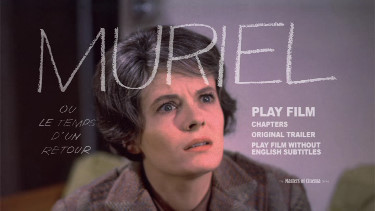 |
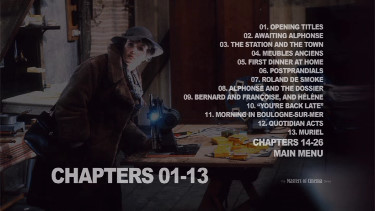 |
Criterion - Region 'A' - Blu-ray
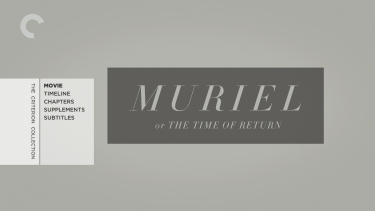 |
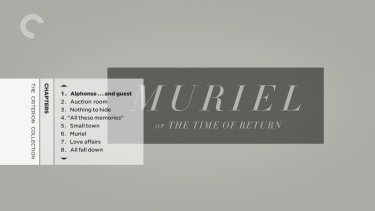 |
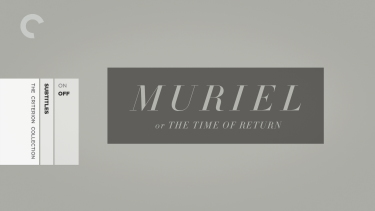 |
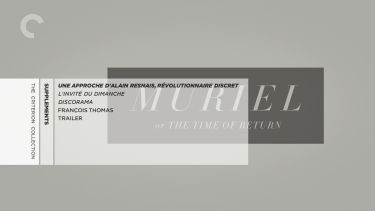 |
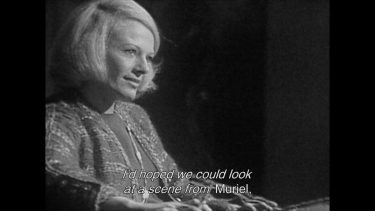 |
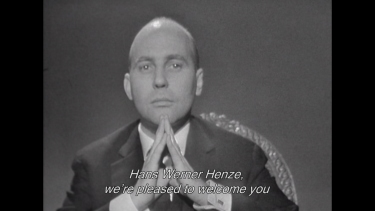 |
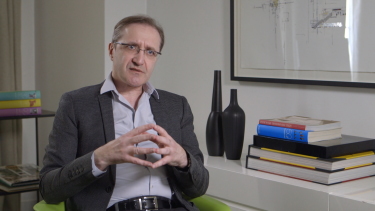 |
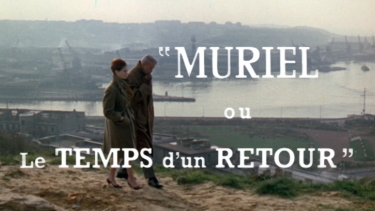 |
CLICK EACH BLU-RAY CAPTURE TO SEE ALL IMAGES IN FULL 1920X1080 RESOLUTION
Subtitle Sample
|
1) Masters of Cinema - Region 0 - PAL - TOP 2) Criterion - Region 'A' - Blu-ray - BOTTOM |
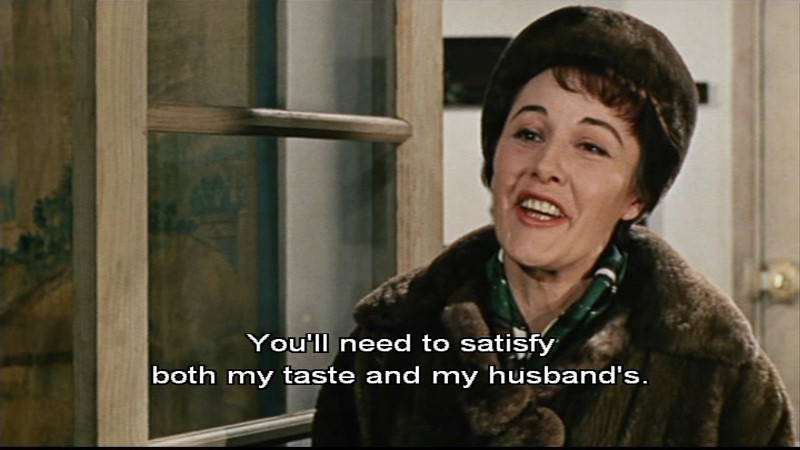 |
Two examples from the NTSC Koch Lorber DVD release from 2007
Screen Captures
|
1) Koch Lorber - Region 1 - NTSC - TOP 2) Criterion - Region 'A' - Blu-ray - BOTTOM |
|
|
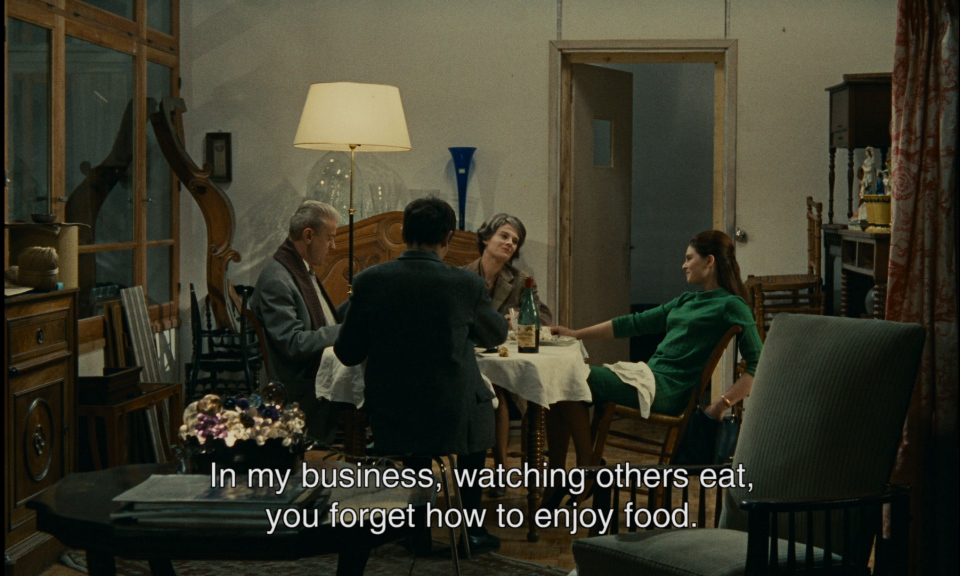 |
|
1) Koch Lorber - Region 1 - NTSC - TOP 2) Criterion - Region 'A' - Blu-ray - BOTTOM |
|
|
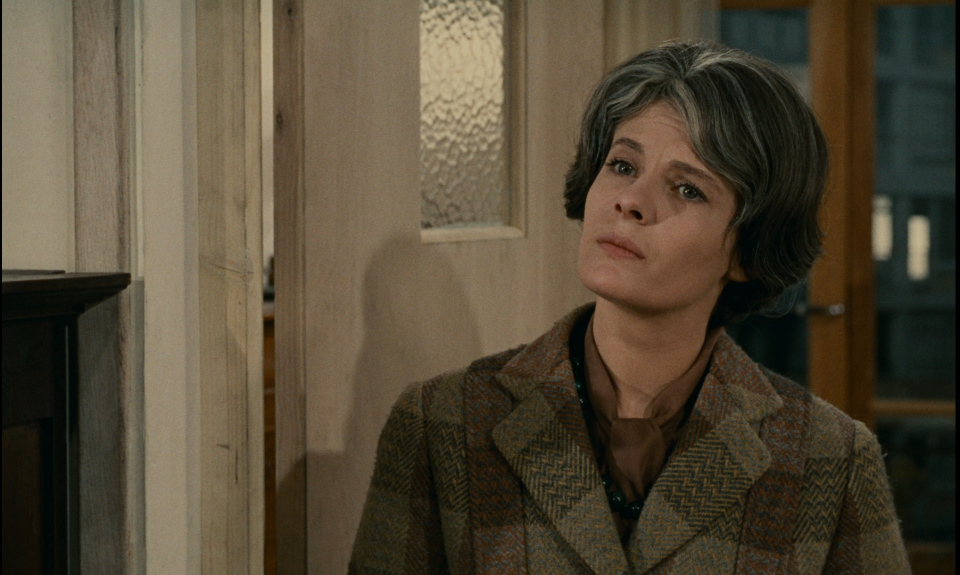 |
|
1) Masters of Cinema - Region 0 - PAL - TOP 2) Criterion - Region 'A' - Blu-ray - BOTTOM |
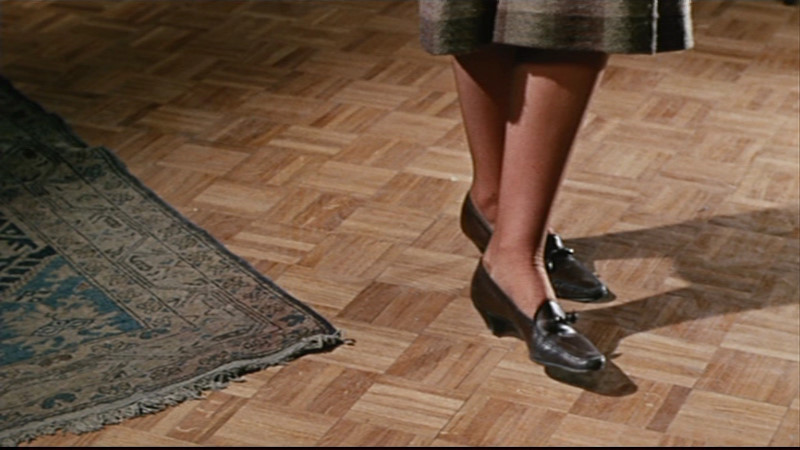 |
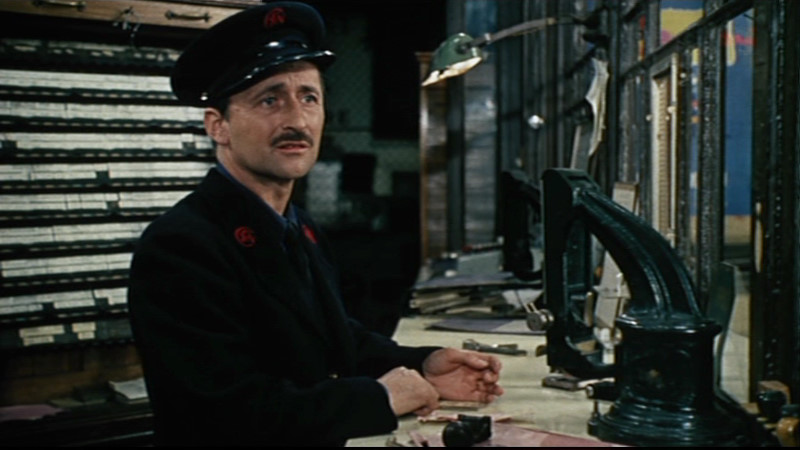 |
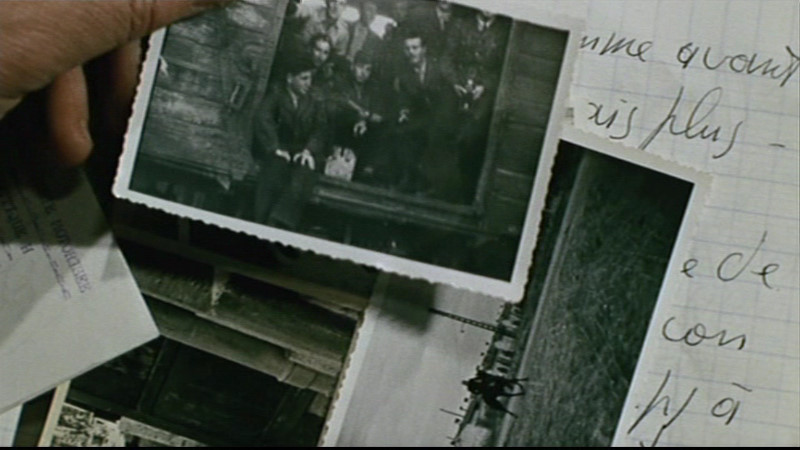 |
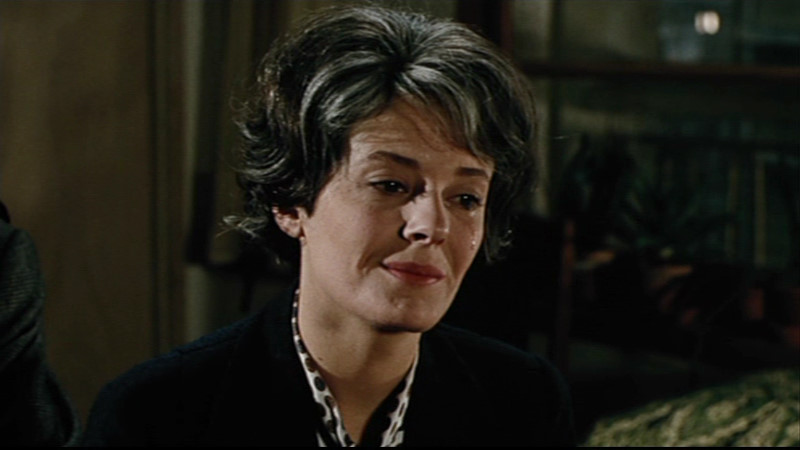 |
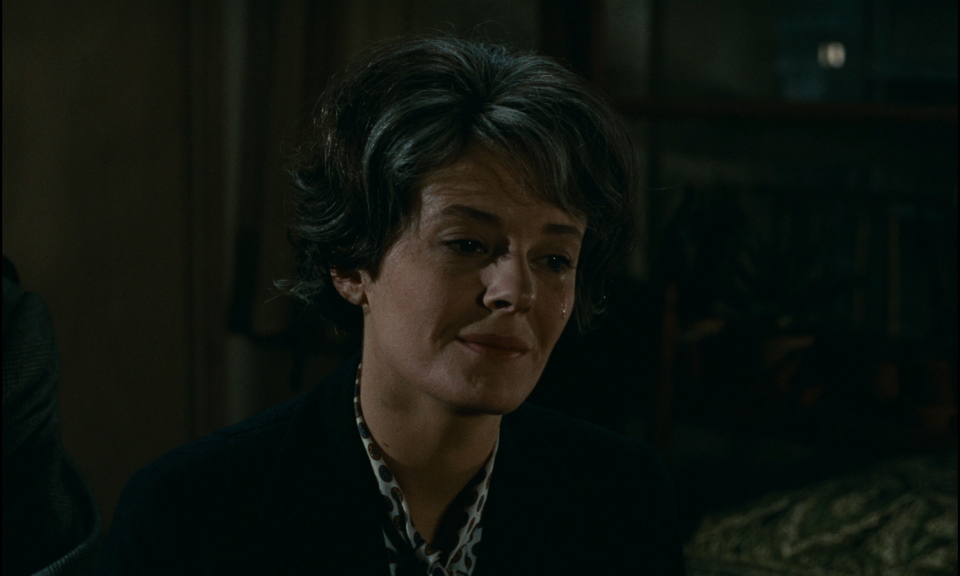 |
|
1) Masters of Cinema - Region 0 - PAL - TOP 2) Criterion - Region 'A' - Blu-ray - BOTTOM |
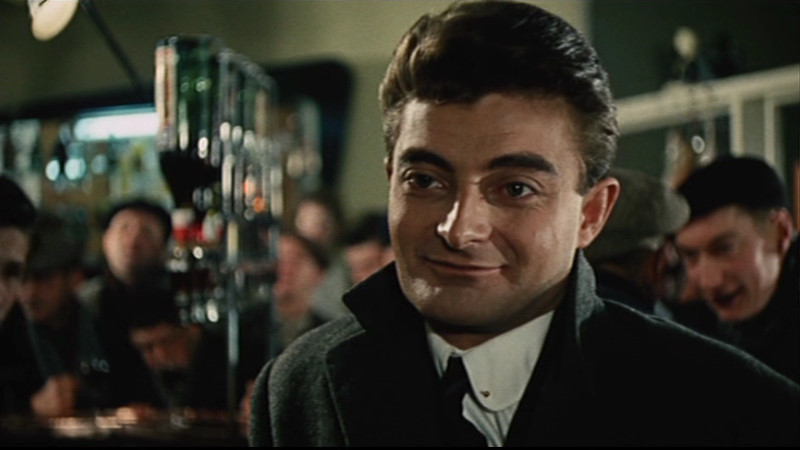 |
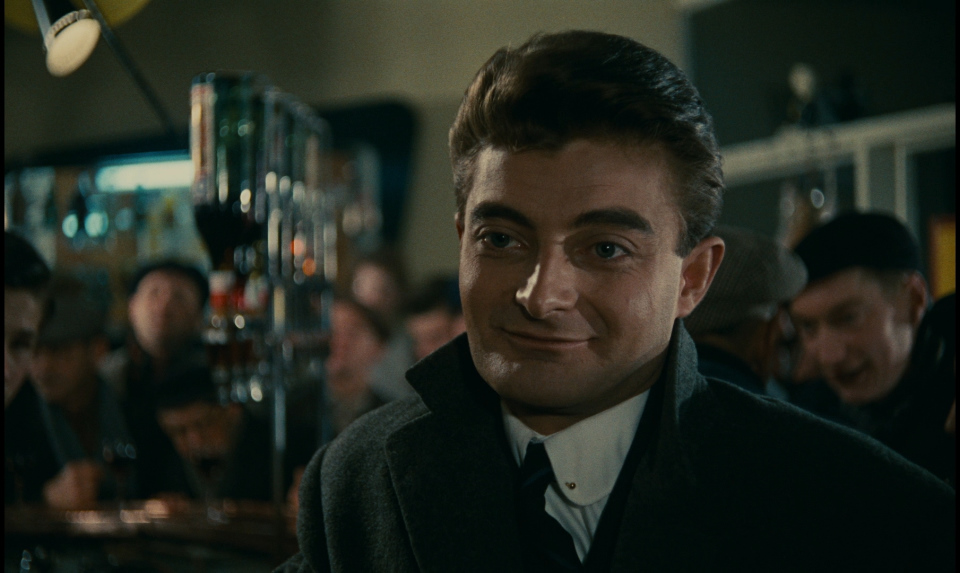 |
|
1) Masters of Cinema - Region 0 - PAL - TOP 2) Criterion - Region 'A' - Blu-ray - BOTTOM |
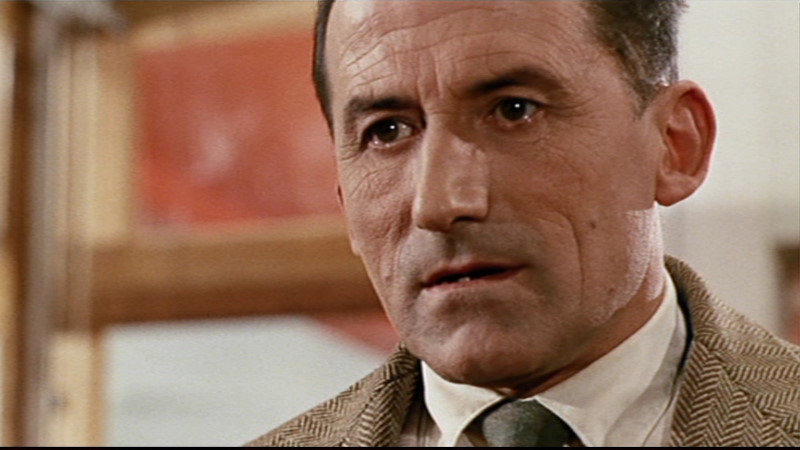 |
|
1) Masters of Cinema - Region 0 - PAL - TOP 2) Criterion - Region 'A' - Blu-ray - BOTTOM |
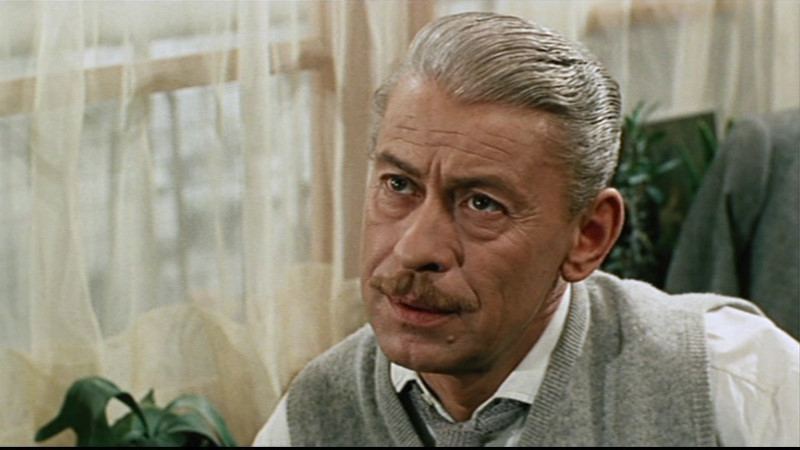 |


